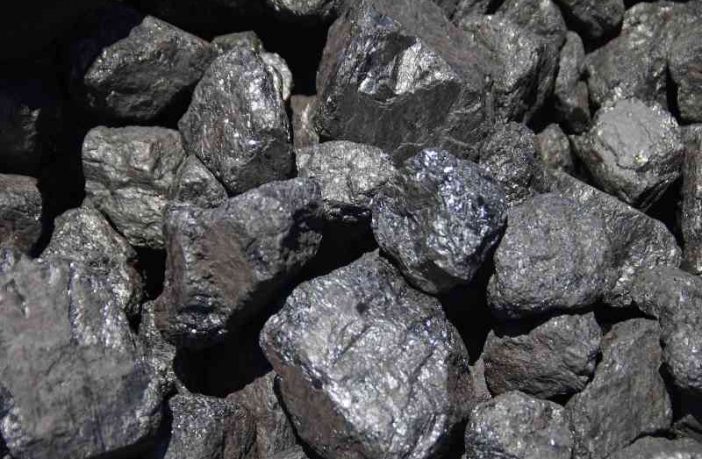- In July 2019 Standard Bank announced the release of its Coal-Fired Power Finance Policy.
- This partly discharges the obligation imposed on Standard Bank by the 55% of shareholders who voted in favour of a shareholder resolution tabled at its AGM on 30 May.
The resolution, which was proposed by the RAITH Foundation and Theo Botha, with support from Just Share, required the bank to adopt and publicly disclose a policy on lending to coal-fired power stations and coal mining operations.
In its SENS announcement, Standard Bank stated that it is “in the process of developing a policy on lending to coal mining operations”.
Now that Standard Bank has adopted and disclosed its policy on lending to coal-fired power stations, shareholders can assess for themselves whether the bank’s position is sufficiently transparent and accessible; and whether it adequately addresses the severe climate and financial risks posed by the financing of new coal-fired power infrastructure.
Disappointing
There are several areas in which shareholders might consider the Policy to be disappointing.
Standard Bank acknowledges in the Policy that the signatories to the Paris Agreement on Climate Change “include all 20 African countries in which the bank has a presence”.
However, while the Policy refers to the goals of the Paris Agreement, it does not express support for these goals. Nor does it state that Standard Bank recognises and accepts the severe risks posed by climate change.
It also does not acknowledge the role that banks have to play in facilitating the transition to a low carbon economy, to avoid the significant social and environmental impacts of failing to limit global temperature increases to 1.5°C above pre-industrial levels.
Interpreting the parameters set out in the Policy requires a significant degree of technical expertise, which most shareholders will not possess.
Standard Bank does not rule out the financing of new coal-fired power plants, but rather sets “Minimum Eligibility Requirements” for doing so.
The Policy states that these minimum requirements are “consistent with the principles and standards for coal-fired power finance contained in the latest OECD Annex VI sector understanding on export credits for coal-fired electricity generation projects dated January 2019”.
The Policy summarises the qualifying parameters for financing, which are “linked to the level of development of the country in question”.
As a very broad summary, high-efficiency plants (ultra-supercritical) are generally eligible for financing.
Less efficient, smaller plants are only eligible for financing in International Development Association (less developed) countries. South Africa is not an IDA country.
Next up, FirstRand and climate risk
On 5 August, Just Share and the RAITH Foundation submitted a climate risk resolution to FirstRand Limited.
FirstRand’s AGM is on 28 November 2019 in Johannesburg.
Like the Standard Bank resolution, the resolution calls for improved disclosure on FirstRand’s exposure to climate-related risks, and for it to adopt and publicly disclose a policy on lending to fossil fuel-related projects.
Author: ESI Guest Reporter
This article was originally published on ESI Africa and is republished with permission with minor editorial changes.











